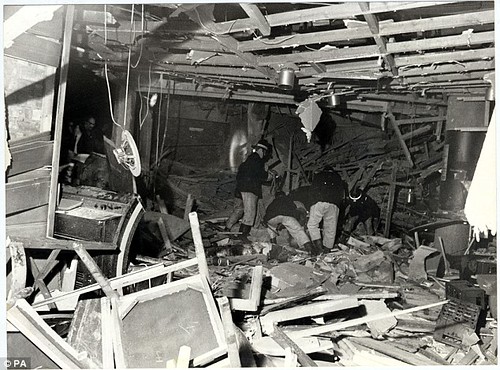Robert Mugabe formally resigns as President of Zimbabwe, after thirty-seven years in office.
Robert Mugabe (1924-2019) was a Zimbabwean revolutionary and politician who played a significant role in the country’s struggle for independence from British colonial rule. He was born on February 21, 1924, in what was then Southern Rhodesia (now Zimbabwe). Mugabe’s early political activism began in the 1960s when he joined the National Democratic Party and later the Zimbabwe African National Union (ZANU).
The liberation war against white-minority rule in Rhodesia, led by various nationalist groups, including ZANU, resulted in the establishment of an independent Zimbabwe in 1980. Mugabe became the country’s first prime minister after the elections that year, and he later assumed the role of president in 1987 when the position was created.
During his early years as leader, Mugabe was praised for his efforts to reconcile the divided nation and for his policies aimed at education and healthcare. However, over time, his leadership became increasingly controversial. His government faced allegations of human rights abuses, electoral fraud, and economic mismanagement.
One of the most contentious aspects of Mugabe’s rule was the controversial land reform program that began in the early 2000s. The government initiated a program of land seizures, redistributing white-owned commercial farms to landless black Zimbabweans. While the move was intended to address historical injustices and socioeconomic imbalances, it resulted in a sharp decline in agricultural production and economic instability.
Mugabe’s leadership was marked by authoritarian tendencies, and his government faced criticism for suppressing political opposition and restricting press freedom. The economy deteriorated significantly, and Zimbabwe experienced hyperinflation, unemployment, and poverty.
In 2017, facing increasing pressure, including the threat of impeachment, Mugabe resigned from the presidency after nearly four decades in power. His departure marked the end of an era in Zimbabwean politics. Mugabe passed away on September 6, 2019, in Singapore, at the age of 95. His legacy remains complex, with opinions on his rule divided between those who see him as a liberation hero and others who criticize his later years in power.



